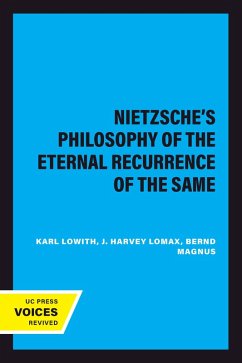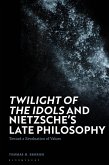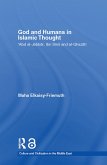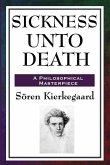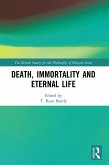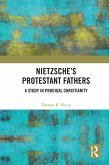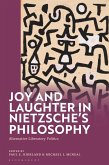This long overdue English translation of Karl Löwith's magisterial study is a major event in Nietzsche scholarship in the Anglo-American intellectual world. Its initial publication was extraordinary in itself-a dissident interpretation, written by a Jew, appearing in National Socialist Germany in 1935. Since then, Löwith's book has continued to gain recognition as one of the key texts in the German Nietzsche reception, as well as a remarkable effort to reclaim the philosopher's work from political misappropriation.
For Löwith, the centerpiece of Nietzsche's thought is the doctrine of eternal recurrence, a notion which Löwith, unlike Heidegger, deems incompatible with the will to power. His careful examination of Nietzsche's cosmological theory of the infinite repetition of a finite number of states of the world suggests the paradoxical consequences this theory implies for human freedom. How is it possible to will the eternal recurrence of each moment of one's life, if both this decision and the states of affairs governed by it appear to be predestined? Löwith's book, one of the most important, if seldom acknowledged, sources for recent Anglophone Nietzsche studies, remains a central text for all concerned with understanding the philosopher's work.
This title is part of UC Press's Voices Revived program, which commemorates University of California Press's mission to seek out and cultivate the brightest minds and give them voice, reach, and impact. Drawing on a backlist dating to 1893, Voices Revived makes high-quality, peer-reviewed scholarship accessible once again using print-on-demand technology. This title was originally published in 1998.
This long overdue English translation of Karl Löwith's magisterial study is a major event in Nietzsche scholarship in the Anglo-American intellectual world. Its initial publication was extraordinary in itself-a dissident interpretation, written by a Jew,
Hinweis: Dieser Artikel kann nur an eine deutsche Lieferadresse ausgeliefert werden.
For Löwith, the centerpiece of Nietzsche's thought is the doctrine of eternal recurrence, a notion which Löwith, unlike Heidegger, deems incompatible with the will to power. His careful examination of Nietzsche's cosmological theory of the infinite repetition of a finite number of states of the world suggests the paradoxical consequences this theory implies for human freedom. How is it possible to will the eternal recurrence of each moment of one's life, if both this decision and the states of affairs governed by it appear to be predestined? Löwith's book, one of the most important, if seldom acknowledged, sources for recent Anglophone Nietzsche studies, remains a central text for all concerned with understanding the philosopher's work.
This title is part of UC Press's Voices Revived program, which commemorates University of California Press's mission to seek out and cultivate the brightest minds and give them voice, reach, and impact. Drawing on a backlist dating to 1893, Voices Revived makes high-quality, peer-reviewed scholarship accessible once again using print-on-demand technology. This title was originally published in 1998.
This long overdue English translation of Karl Löwith's magisterial study is a major event in Nietzsche scholarship in the Anglo-American intellectual world. Its initial publication was extraordinary in itself-a dissident interpretation, written by a Jew,
Dieser Download kann aus rechtlichen Gründen nur mit Rechnungsadresse in A, D ausgeliefert werden.
Hinweis: Dieser Artikel kann nur an eine deutsche Lieferadresse ausgeliefert werden.

